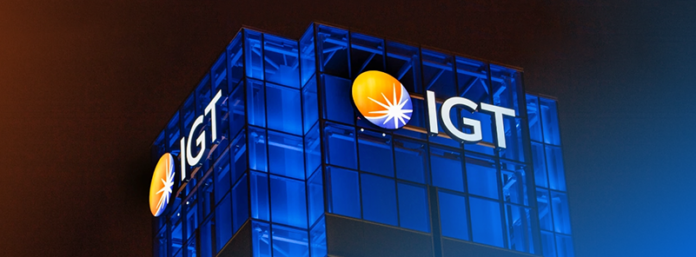LONDON, UK – IGT’s near and long-term science-based targets have been validated by the Science Based Targets initiative (SBTi). Additionally, the SBTi validated the company’s commitment to reaching net-zero greenhouse gas (GHG) emissions across the value chain by 2050.
“Receiving this validation from the SBTi represents a milestone achievement for IGT as it reassures our stakeholders that we are committed to reaching net-zero GHG emissions,” said Wendy Montgomery, IGT SVP, Marketing, Communications and Sustainability. “IGT’s science-based targets provide us with a clearly defined approach to reducing our GHG emissions and mitigating the impact of climate change, all while ensuring sustainable growth for our business.”
As its near-term targets, IGT commits to reduce absolute Scope 1 and Scope 2 GHG emissions by 50 percent by 2030, from 2019. The company also commits to reduce absolute Scope 3 GHG emissions by 30 percent within the same timeframe.
Regarding its long-term science-based targets, IGT commits to reduce absolute Scope 1 and Scope 2 GHG emissions by 90 percent by 2050, from 2019. The company also commits to reduce absolute Scope 3 GHG emissions by 90 percent within the same timeframe. IGT would then offset the residual 10 percent of emissions by 2050. Direct emissions reductions will be prioritized, and all residual emissions will be neutralized in line with SBTi criteria before reaching net-zero emissions.
The SBTi is a collaboration between CDP, the United Nations Global Compact (UNGC), World Resources Institute, World Wide Fund for Nature, and one of the We Mean Business Coalition commitments. The SBTi defines and promotes best practice in science-based target setting, offers resources and guidance to reduce barriers to adoption, and independently assesses and approves companies’ targets. IGT has been a member of the UNGC since 2017 and has strengthened its relationship with the UN by adopting nine of the 17 UN Sustainable Development Goals and aligning them with its sustainability strategy.















































